Logan Paul’s Energy Drink Prompts Concerns and Call for FDA Investigation
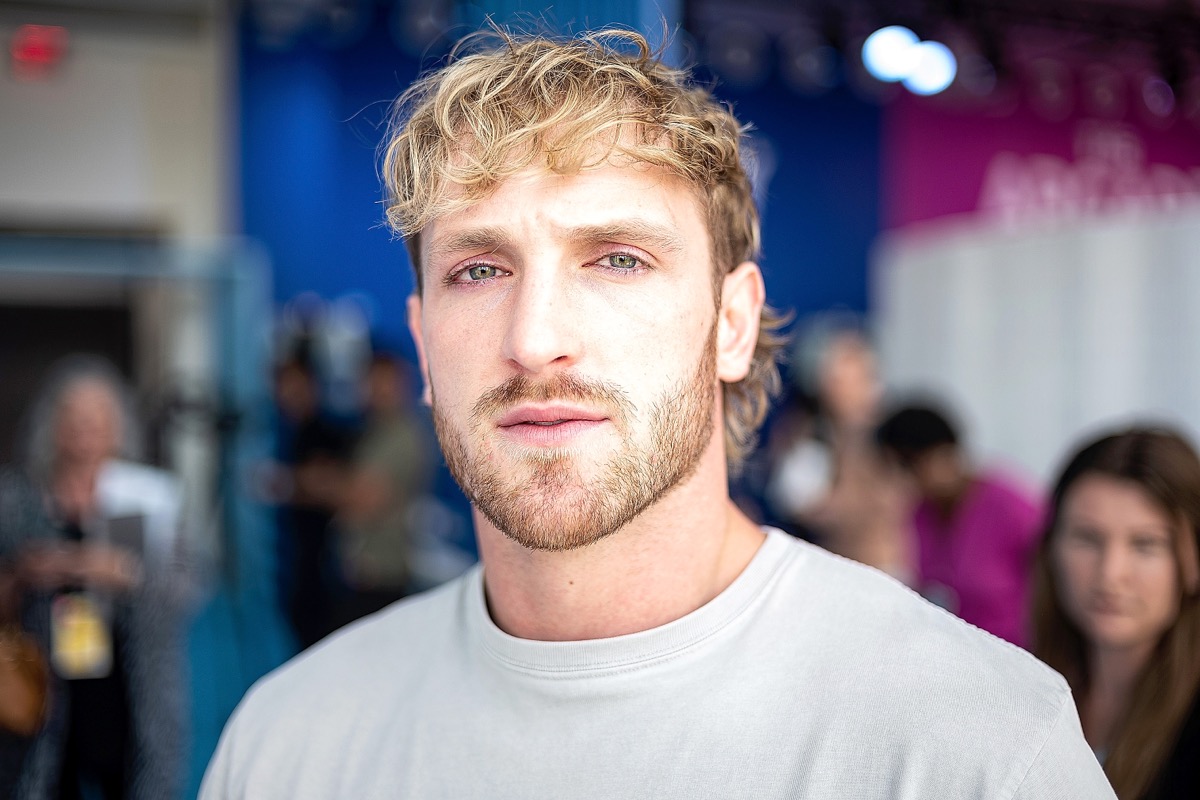
PRIME, the Logan Paul-backed energy drink, is under fire for its high caffeine content and its marketing that government officials say entices kids to want the product. Senate Majority Leader Chuck Schumer is calling on the Food and Drug Administration (FDA) to investigate the beverage. “One of the summer’s hottest status symbols for kids is not an outfit. It’s not a toy. It’s a beverage. But buyer and parents beware because it’s a serious health concern for the kids it so feverishly targets,” Schumer said at a press conference Sunday.
PRIME contains 200 milligrams of caffeine per 12 ounces, about the same as two cans of Red Bulls or six cans of Coke. The brand was launched by 30-year-old London-born influencer KSI — whose real name is Olajide Olatunji — and American YouTube star Logan Paul, 28, last year and is selling off the shelves. It’s trendy among kids under 18, which is worrisome, New York pediatrician Edith Bracho Sanchez said at the news conference. “We, as physicians, are very concerned. These strengths, and the amount of caffeine in these strengths, can give children and teens headaches. It can give them jitters, nervousness. It can interfere with the sleep cycle, which is so important to the developing brain.”
In a statement to The Hill, representatives for PRIME said, “[PRIME Energy] complied with all FDA guidelines before hitting the market and states clearly on packaging, as well as in marketing materials, that it is an energy drink and is not made for anyone under the age of 18.” Here are seven things to know about PRIME according to health experts we spoke with.
Kids See PRIME as a “Status Symbol”
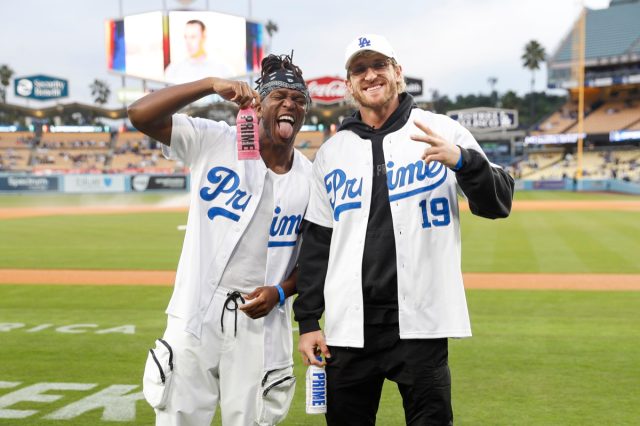
Kids like PRIME because of the different tasty flavors and think it’s cool, which could be a problem, according to Dr. Kelly Johnson-Arbor, MD, medical toxicology physician and medical director at National Capital Poison Center. “Children may drink PRIME products, including PRIME Energy, to gain social acceptance among their peers,” she states. “At my children’s schools, PRIME is a status symbol, and children even resell empty PRIME bottles for $3 each.”
Anyone Can Buy PRIME
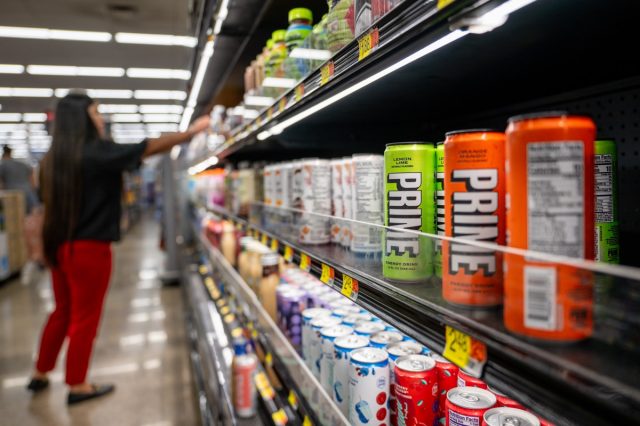
According to Dr. Johnson-Arbor, anyone has access to the controversial energy drink. “Despite the manufacturer’s warning that PRIME Energy drinks are not intended for consumption by individuals less than 18 years of age, anyone can purchase these products at grocery stores, convenience stores, and other retail establishments.”
Caffeine Affects Children Differently
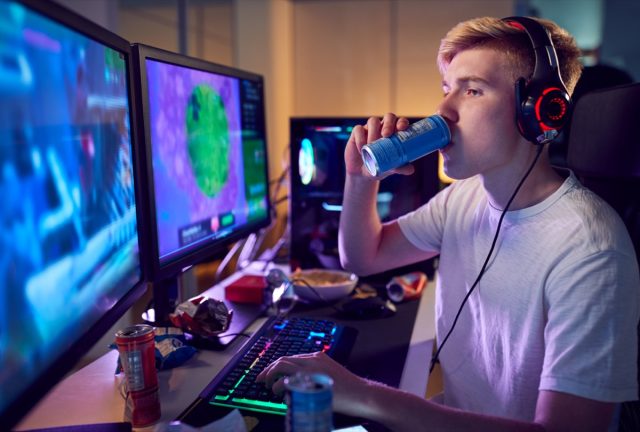
Health experts warn that caffeine affects children in a different way than adults and that it’s not healthy for kids to consume a lot of caffeine if any at all. “Children are still developing and are susceptible to the effects of stimulants or depressants more so than adults,” Dana Ellis Hunnes Ph.D., MPH, RD, senior clinical dietitian at UCLA medical center, assistant professor at UCLA Fielding School of public health, and author of Recipe for Survival says. “It may depend on the child in how it affects them, but because they are not fully developed neurologically or physically, sometimes what is an acceptable amount for an adult would be too much for the developing brains and bodies of children.”
Nutritionist and ACE Certified Trainer Mary Sabat MS, RDN, LD adds, “Children tend to be more sensitive to the effects of caffeine compared to adults. Their smaller body size and developing metabolism make them more vulnerable to its stimulating effects.”
Experts Advise Against Children Consuming Caffeine
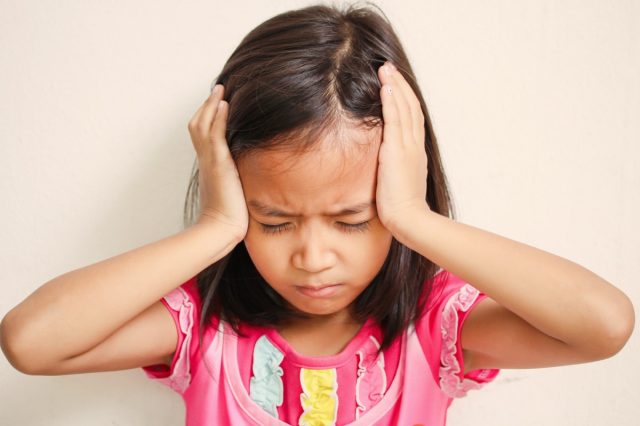
According to Sabat, “The American Academy of Pediatrics suggests that children under 12 years old should avoid caffeine altogether.” Dr. Johnson-Arbor adds, “The safe dose of caffeine for children is much more controversial because some studies have linked childhood caffeine consumption to an increase in headaches, sleep disturbances, and blood pressure problems. Because of this, many authorities, including the American Academy of Pediatrics, recommend against caffeine consumption by children and adolescents.”
Adults Can Have 200 MG Grams of Caffeine Daily, According to Experts
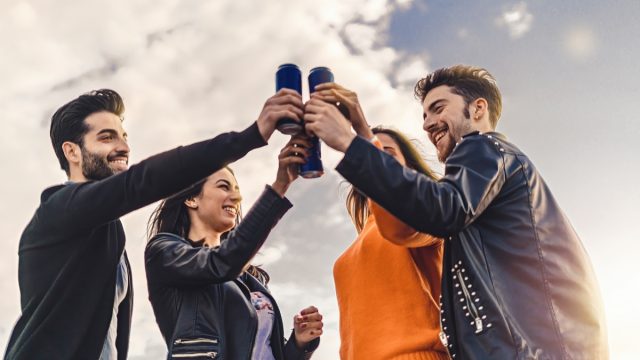
While PRIME is a big hit with kids, adults love the energy drink as well. So how much caffeine is safe for adults? “In general, most adults can safely consume 200 mg of caffeine (the amount in a single can of PRIME Energy) daily without experiencing adverse effects,” Dr. Johnson-Arbor says. But everyone has a different tolerance and Sabat says, “It’s worth noting that caffeine affects individuals differently based on their unique physiological responses and tolerances. Some people may be more sensitive to caffeine, while others may have a higher tolerance. It’s essential to be aware of your own body’s response to caffeine and make informed choices regarding its consumption.”
Why Having Too Much Caffeine is a Concern
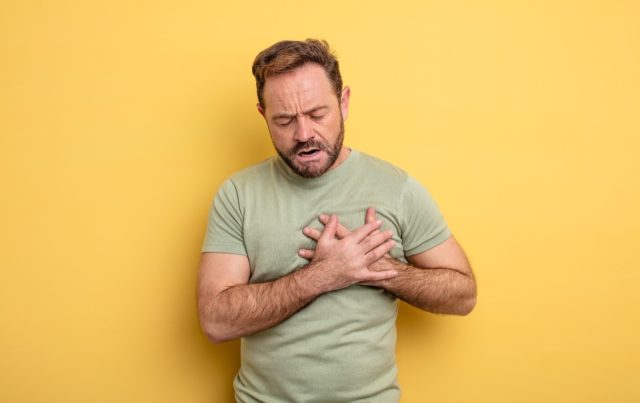
Taking note of how much caffeine you’re consuming is important, according to experts. Dr. Johnson-Arbor explains, “Caffeine is a stimulant drug. Consumption of excessive amounts of caffeine can cause nausea, vomiting, a racing heartbeat, muscle twitching, and anxiety.” She warns, “In severe cases, seizures, electrolyte disturbances, and life-threatening heart rhythm abnormalities can occur.”
Why Experts Say PRIME’s Caffeine Level is Unhealthy
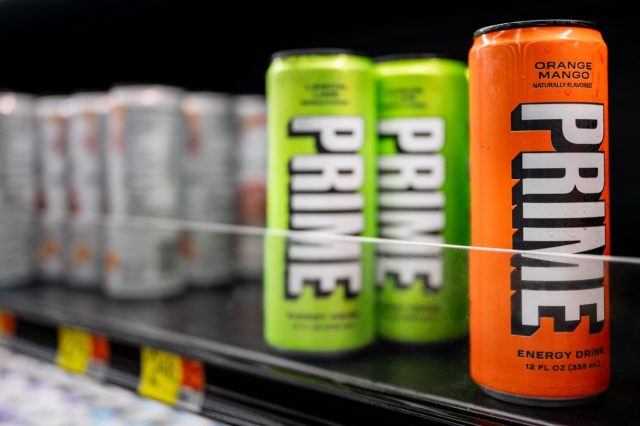
As mentioned earlier, one can of PRIME contains 200 milligrams of caffeine, which is the equivalent of more than two cups of coffee, six cans of Coke, or 2 cans of Red Bull. Experts are concerned for a reason. “Since only 12 ounces have 200 mg, that is a lot!” Hunnes says. “Twelve ounces can be consumed in a matter of minutes, and that level of caffeine would be 2 to 3 times the ‘considered safe amount’ for most children of any age, and could therefore have effects on their nervous system, G.I. system, and cardiovascular system. Twelve ounces is only 1.5 cups, so that does seem a bit excessive.”
Dr. Kelly Johnson-Arbor explains, “Because it is advertised as being vegan, sugar-free, and full of electrolytes, some people may think that PRIME is a healthy beverage. However, due to its caffeine content, serious side effects may occur after the consumption of PRIME Energy drinks. For questions about unwanted or unexpected side effects that occur after consumption of PRIME Energy, contact Poison Control for expert advice. There are two ways to contact Poison Control in the United States: online at www.poison.org or by phone at 1-800-222-1222. Both options are free, confidential, and available 24 hours a day.”









